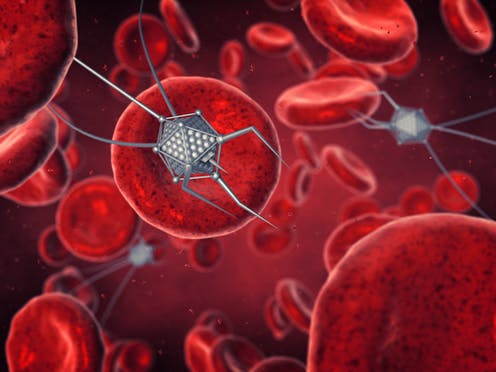What is the relationship between emotional state and nervous colon?

What is the relationship between emotional state and nervous colon?
What is the relationship between emotional state and nervous colon?
IBS often accompanies gastrointestinal symptoms in the small and large intestine. IBS was classified into four subtypes depending on stool asymmetry i.e. IBS with constipation IBS-C, with diarrhea IBS-D, mixed IBS-M, or unclassified IBS.
However, there is a lack of understanding in the scientific literature regarding the mechanisms and treatments of IBS, which is due in part to the lack of useful experimental animal models.
Over the years, studies have suggested a link between emotional states and gut dysfunction, stressing the existence and importance of the so-called “gut axis” in determining emotional integrity and representation food.
The pressures of social defeat
More recently, cSDS stressors and cVSDS stressors are accepted as models for MDD and PTSD.
To answer the question: “Can animal models of chronic temporary social defeat help understand IBS in detail?” Researchers from TUS, led by Professor Akiyoshi Saitoh of the College of Pharmaceutical Sciences, used mouse models to understand the effects of prolonged stress on disease. Intestinal.
The researchers found that the stress-stressed mice showed higher intestinal transit and visceral pain-related behaviors, which are hallmarks of IBS.
physical or emotional stress
Professor Saitoh says that the focus during the study was "on the model of chronic temporary social defeat and the impact of emotional stress on intestinal diseases was evaluated, in addition to the evaluation of the model's potential as a new animal model for IBS conditions."
In their study, the researchers exposed mice to physical or emotional stress, as experimental animals were subjected to physical or psychological aggression for 10 minutes per day for 10 consecutive days.
social interaction test
On the eleventh day, a social interaction test was performed to assess the stress conditions of the experimental animals. Stress was also estimated by estimating the amount of corticosterone in the plasma, and by testing the passage of a charcoal meal through the intestine. The researchers also evaluated the mice for intestinal permeability, defecation frequency, and stool content.
It was found that the rate of transit of coal, which is indicative of passage through the intestines, was significantly higher in mice subjected to emotional stress compared to mice in the control group, which was not exposed to stress. But the effects were small in mice, which were subjected to physical stress. The frequency of defecation and the water content of stool were also increased in rats exposed to emotional stress.
Irritable Bowel Syndrome
These effects persisted for XNUMX month after exposure to stress, in addition, there were no significant differences in pathology and gut permeability between the control group or the emotionally stressed group, indicating no tissue-level changes due to stress.
“The results indicate that in mice chronic stress elicits IBS-like symptoms with IBS-D, such as chronic intestinal exacerbations and abdominal hyperalgesia, without the presence of intestinal lesions,” says Professor Saitoh.
Surprising note
Interestingly, the researchers found that changes in gut motility in experimental animals improved when cVSDS mice were treated with a clinically used drug for IBS.
The study highlights the advantage of the cVSDS model over traditional methods of inducing IBS-D-like symptoms through exposure to repetitive psychological stress.
The role of the cerebral cortex
Speaking about the mechanisms of these effects, Professor Saitoh says: "From the gut-brain axis, it is suggested that the cortex plays an important role in phenotyping emotionally stressed mice." The insular cortex is the part of the upper central nervous system that controls digestive functions and is involved in the process of dealing with psychological stress.
In addition, the study demonstrates, for the first time, that psychological stress induced by cVSDS alone can cause IBS-D-like symptoms in mice, so further research on models of chronic cSDS and cVSDS can elucidate in more detail. regarding pathophysiological conditions and thus designing treatments for Irritable Bowel Syndrome.





